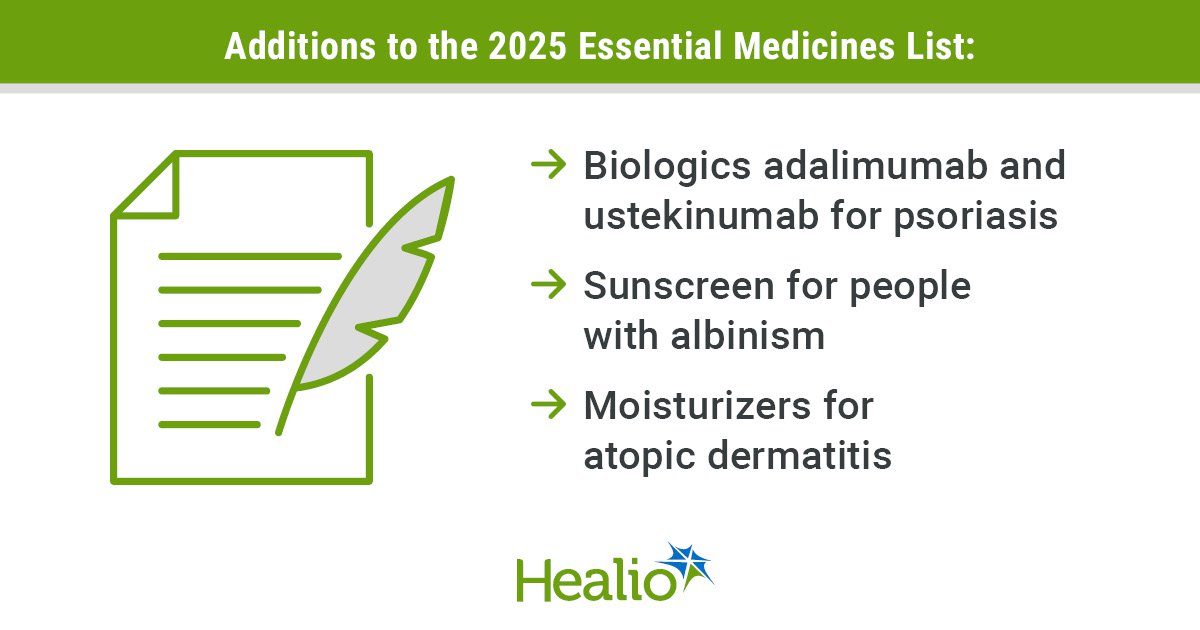Top of the morning to you, and a fine one it is. Despite gray skies hovering over the Pharmalot campus, the air is cool and the surrounding environs are surprisingly quiet, except for the official mascots who are chasing their breakfast. The Pharmalot grounds are filled with tasty treats. As for us, we are engaged in the usual rituals, starting with firing up the coffee kettle — our choice today is pumpkin spice — and foraging for items of interest. On that note, please enjoy the tidbits compiled below. We hope you have a smashing day and conquer the world. And as always, please do keep in touch. …
Congress is again discussing a Trump administration plan to force drug companies to lower their U.S. prices, at least behind the scenes, STAT reports. Congressional staffers and health policy experts from major think tanks held a closed-door meeting to discuss policy options that would peg U.S. prices for drugs to what other countries pay, which is called most-favored nation pricing. The discussions are the latest example of growing interest among Republicans in more aggressive measures to lower drug prices, including the most-favored nation plan that has been a top priority for President Trump. Most of the staffers present were from Republican offices, according to Richard Frank, a panelist at the event who works at the left-leaning Brookings Institution. And the leader of the Senate health panel, Sen. Bill Cassidy (R-La.), has circulated proposed legislation for an MFN policy. The meeting was hosted by Arnold Ventures and also included representatives from the libertarian Cato Institute and the right-leaning American Enterprise Institute.
Big pharmaceutical companies have ditched or paused more than $2.4 billion in planned U.K. investments so far this year, causing “suffering” to patients, as ministers gear up for discussions with President Trump amid a row over drug pricing, The Guardian explains. The U.K. government’s plan for the life sciences sector, a key pillar of the economy, has been thrown into disarray, after Merck’s shock announcement last week that it would scrap its $1.3 billion London research center. Two days later, AstraZeneca decided to halt a planned $270 million expansion of its research facilities in Cambridge. Combined with a scrapped project by AstraZeneca in Liverpool and a shelved Eli Lilly lab in London, four projects worth more than $2.4 billion have been pulled or paused this year. In total, decisions over 13 major projects or companies have damaged the U.K. pharmaceutical industry since 2022, also including site closures and stock market delistings.


This article is exclusive to STAT+ subscribers
Unlock this article — plus in-depth analysis, newsletters, premium events, and news alerts.
Already have an account? Log in










